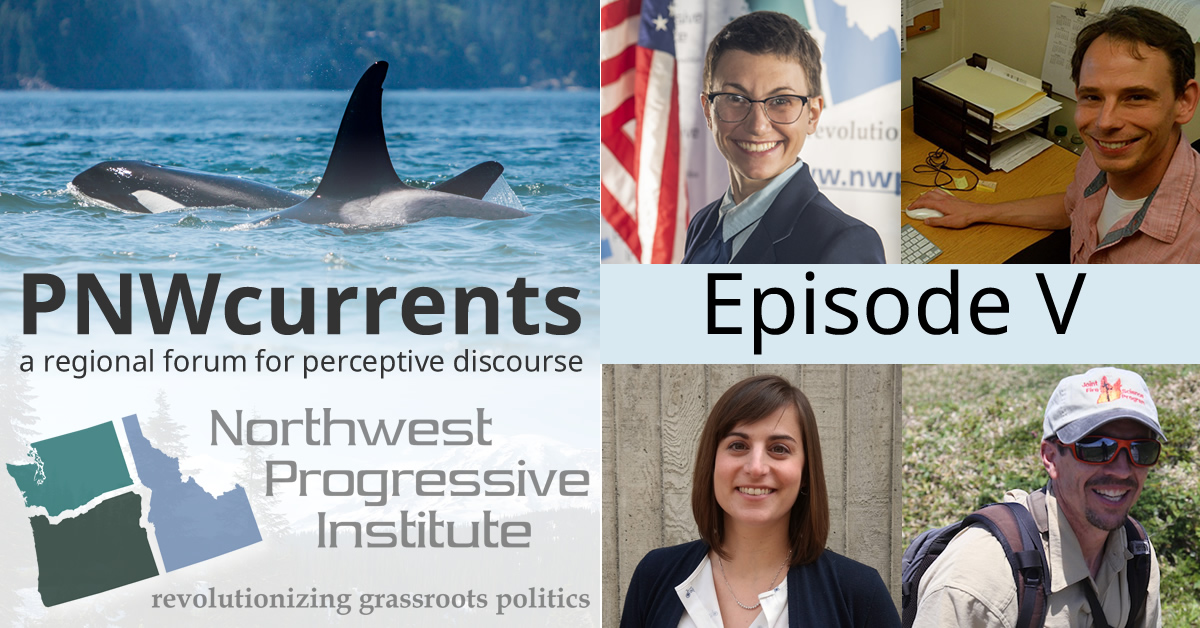A few weeks ago, the United Nations’ Intergovernmental Panel on Climate Change — also known by its acronym IPCC — issued their sixth assessment of the Earth’s climate confirming, with sobering certainty, what climate experts have been warning us about for decades: the Earth is warming.
And much more quickly than previously thought.
Warning of rising sea levels, increasing global temperatures, extreme weather events, and strained tolerance levels for global agriculture and human health, climate scientists characterized the report as a “Code Red” for humanity.
Climate scientists are urging the world community to act immediately in order to mitigate even worse ramifications than what we’ve seen in recent months.
The Pacific Northwest has arguably never felt the effects of climate damage more keenly than this past summer. Dangerous wildfires raced across Cascadia, an unprecedented heat dome shattered temperature records across the region, resulting in many lives lost, and farms and fisheries struggled to cope with drought conditions and low or ruined yields.
With the 26th UN Climate Change Conference of the Parties (COP26) about to begin in Glasgow, Scotland, we’re pleased to bring you an impacts-focused panel discussion with three climate scientists in this month’s episode of PNWcurrents, NPI’s uniquely regional podcast, which I am thrilled and honored to host.
You can listen to this episode on demand using the player below. You can also download it to listen anywhere using your favorite podcasting app or service.
Want to read the transcript and get more details on the episode’s production?
Just launch the dedicated page for Episode V!
Presented in a panel format, PNWcurrents brings together thinkers, activists, elected representatives, and topical experts to have constructive conversations about local and regional politics, policy, major issues, and ideas that impact the Pacific Northwest. It’s a forum for perceptive discourse like no other.
Joining me for Episode V are:
- Karin Bumbaco, Assistant State Climatologist for Washington. An atmospheric science expert, Karin’s research has been focusing on heatwaves, droughts, surface temperatures, and their effects on the surrounding environments.
- Professor Larry O’Neill, State Climatologist for Oregon and Associate Professor at Oregon State University. Larry’s research examines the interactions between the atmosphere and the ocean, sea temperatures, and Northern Pacific weather patterns.
- Dr. Jeffrey Hicke, Professor in the Department of Geography at the University of Idaho. Jeffrey’s work investigates the interaction between of flora, fauna and various global climate disturbances. He also contributed to the section on North America in the IPCC’s sixth climate assessment report.
Because PNWcurrents is a podcast available on demand, you can listen to episodes anytime: while gardening, while jogging, while running errands, while working on a home improvement project, or drafting a letter to your local officials requesting they implement policies to cut emissions…the choice is yours!
Producing PNWcurrents requires money as well as time and energy.
We think it’s worth it, and we hope you will, too.
You can donate monthly as a Commonwealth Bondholder, or annually.
Thank you for listening, and I hope you enjoy Episode V!

